Global Governance
Your Present Location: PROGRAMS> Global Governance-
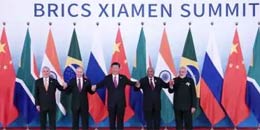
NDB funds US$3 billion for 11 projects
The BRICS New Development Bank (NDB) has so far approved the financing of 11 projects worth up to US$3 billion, announced China`s vice finance minister Shi Yaobin on Sept. 3.
2017-09-08 -

Xi sails BRICS ship on epic voyage
The BRICS nations of Brazil, Russia, India, China and South Africa are like five boats on a fishing trip. Each has its own cause, but they sail in one direction with a common aim.
2017-09-07 -
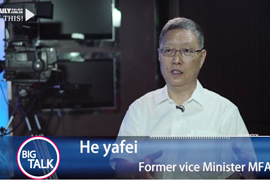
He Yafei: BRICS Plus plan to include more countries
China is pushing for an expansion of the BRICS group to include the more emerging economies. This year already, the country invited five non-member states to join in the summit held in the Chinese city of Xiamen. Mr He Yafei, former Vice-Minister of the Ministry of Foreign Affairs, explains BRICS-Plus in this exclusive interview with China Daily.
2017-09-06 -

10 experts interpret Xi Jinping’s keynote speech at the opening ceremony of the BRICS Business Forum
“Embracing the vast ocean, the city welcomes visitors from around the world.” On Sep.3, the BRICS Business Forum held its grand opening ceremony in Xiamen. At the ceremony, Chinese President Xi Jinping delivered a keynote speech which has attracted extensive attention the world over.
2017-09-06 -

Zhao Minghao: Expanding horizons key to BRICS` 2nd golden decade
The months-long Doklam border standoff between China and India has been peacefully resolved. The two sides are both founding members of BRICS and both hope to maintain unity among emerging economies.
2017-09-05 -
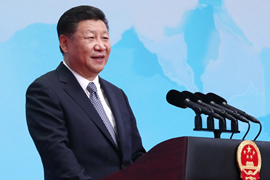
John Ross: Xi Jinping affirms key global role of BRICS
The annual BRICS summit, hosted by China in Xiamen on September 3-5, is the second major international event in China this year to focus on issues confronting developing economies, following the Belt and Road Initiative in Beijing in May.
2017-09-04 -
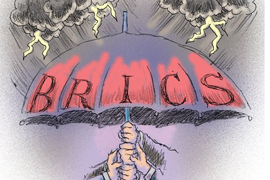
Finding common ground crucial to BRICS
Global Times reporter Yang Chuchu has collected three expert opinions on these issues from a forum of the Sputnik news agency held on Tuesday last week.
2017-09-04 -
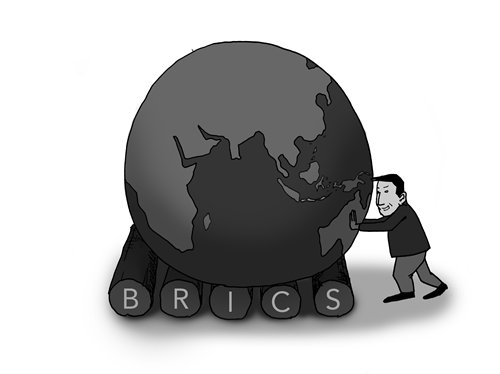
Liu Zhiqin: Unity among BRICS can benefit emerging economies
People all over the world are paying close attention to the BRICS Summit meeting in Xiamen, and there are high expectations that the BRICS countries will provide new momentum to boost the global economy.
2017-09-04 -
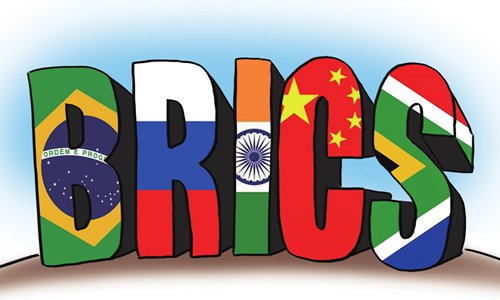
Liu Zongyi: BRICS summit forges path for new decade
With the complete withdrawal of the Indian military from the Doklam region on Monday, a 71-day border standoff was brought to an end and effectively ushered in a more favorable political atmosphere for the 9th BRICS summit in Xiamen on September 3-5.
2017-09-01 -
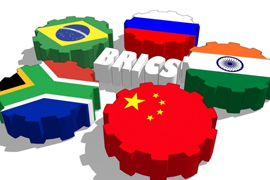
Bian Yongzu: Is BRICS Power on the Wane?
Several BRICS economies suffered seriously over the past two years due to either the sharp fall in world oil and commodities prices, plus economic sanctions by the US and EU, or by its own structural difficulties. In these circumstances, some media have begun to talk of “fading BRICS” or even “broken BRICS”. Is there any truth in this talk?
2017-08-31 -
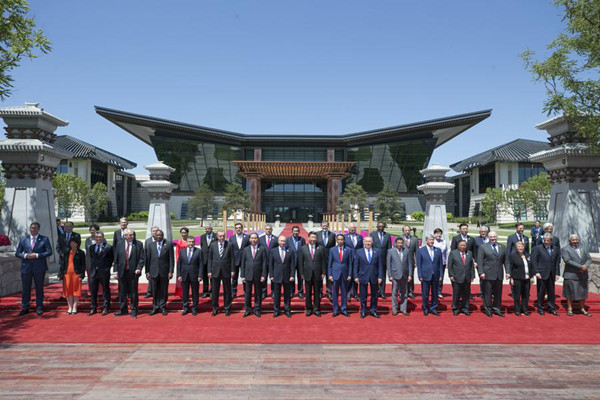
He Yafei: New world order is the inevitable trend
After decades of turbulence, the world order led by the United States has begun to change, with the 2008 global financial crisis possibly being the turning point and this year signaling a new beginning.
On the global front, the strength of developing countries has greatly increased. For example, China has been playing a greater role in global governance to build a "community of shared destiny", as propounded by President Xi Jinping.2017-08-21 -

He Yafei: A paradigm shift in global governance
We are living in a seemingly rudderless world full of uncertainty thanks to the simultaneous existence of globalization and anti-globalization sentiments. As a result, the paradigm of global governance has begun a momentous yet bifurcated shift, making adaptation difficult for countries, large and small. Yet countries have to understand and timely adapt to this shift, both individually and collectively.
2017-08-14 -

From Hangzhou to Hamburg: Xi offers Chinese wisdom to G20
Speaking at the G20 summit in Hamburg Friday, Xi underscored the role of innovation and development in boosting global growth, proposing that G20 members increase cooperation in digital economy and the new industrial revolution, and jointly develop new technologies, industries, business models and products.
2017-07-26 -
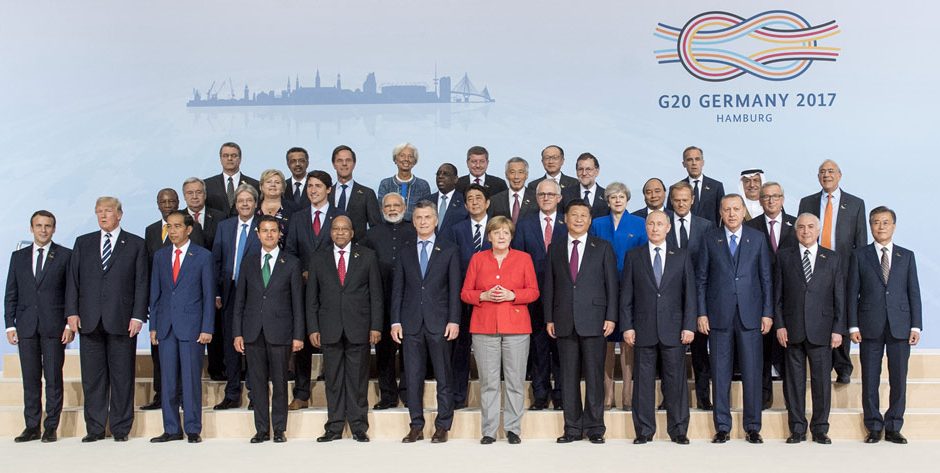
He Weiwen: Globalization Fights Its Way Forward
After tenacious efforts by all G20 members, with the US as a dissenting voice, the recent G20 Hamburg Summit maintained the basic course of the G20 on global governance for a prosperous global economy. This was achieved against a strong headwind of systemic de-globalization policies proposed by President Donald Trump of the US.
2017-07-14 -
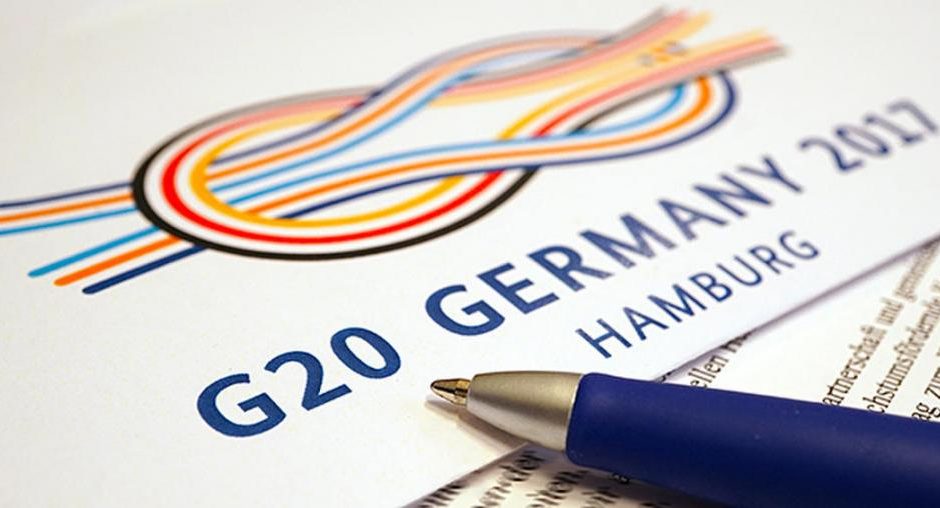
Bian Yongzu: G20 continues to focus on global fiancial stability
The 12th G20 Summit will be held in Hamburg, Germany on 7th and 8th July. On this occasion the theme of the summit is “Shaping an Interconnected world”, expressing the participants’ desire to maintain an open trade system and promote globalization, and their resolve to do so. Economic globalization cannot be realized without the support of financial globalization, and therefore maintaining the stability of the global financial system is vital to global economic growth.
2017-07-14 -

Zhao Minghao: G20 sets stage for closer Sino-German ties
The 2017 G20 summit will take place Friday and Saturday in the German city of Hamburg. Chinese President Xi Jinping is scheduled to attend the conference and hold a bilateral meeting with his US counterpart Donald Trump.
2017-07-12 -
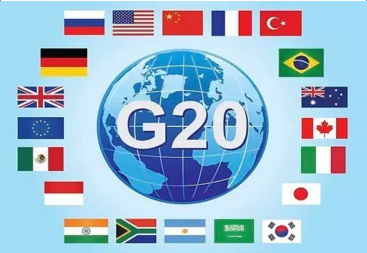
Chen Chenchen: Innovation, integration are the way forward
G20 should recognize that developing countries hold the key to leading the world out of economic stagnation.
2017-07-07 -

Nation pushing for further reform, rebalancing: experts
China is playing an increasingly important role in the global system of financial governance, even though Western countries retain a dominant position in the area.
2017-07-06 -
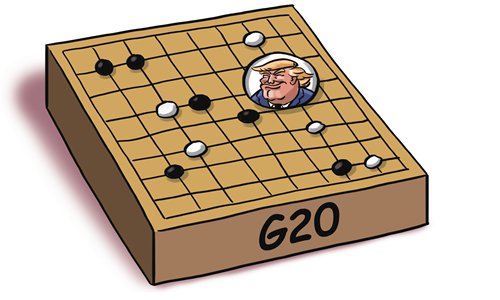
Yang Qingqing: Trump a wild card at G20 Hamburg Summit
With the theme "Shape an Interconnected World," the G20 Hamburg organizers have kept consistent with the Hangzhou Summit`s themes of sustainable development and inclusive growth. As the premier forum for international economic cooperation, the upcoming Hamburg Summit is widely expected to address global issues such as Brexit, the refugee crisis, climate change and trade protectionism.
2017-07-06 -

Nation pushing for further reform, rebalancing: experts
China is playing an increasingly important role in the global system of financial governance, even though Western countries retain a dominant position in the area.
2017-07-06
























































































 京公网安备 11010802037854号
京公网安备 11010802037854号





